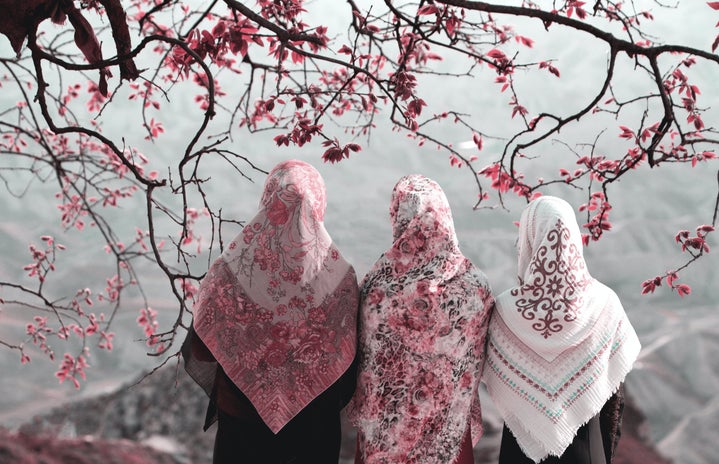The ongoing Palestine catastrophe has immensely affected women and children. Their conditions are deplorable, with the United Nations Relief and Works Agency (UNRWA) housing 4.3 million refugees – a large number of whom are children.
Women in Palestine face increased disaster risks and have to work harder to provide for their families. To create a better future for themselves, they need education and employment opportunities that will enable them to rebuild their communities. They also need access to and control over resources that allow them to make decisions about the lives of themselves and their children.
High levels of unemployment make it difficult for women to support themselves and their children. In the West Bank and Gaza, only 9.6% of women participate in the workforce. The problem is even worse for mothers whose husbands have died or are in prison, with only 1.5% participating in the workforce, versus 22% who do not work. The numbers are even more dismal for those who have husbands who are unemployed, where only 1% participate in the workforce.
Women face the double burden of being a woman and a refugee. With limited access to the decision-making process, women are often subjected to abuse and violence. This can be physical, such as husband beating or sexual abuse by male family members – which leads to psychological trauma in some cases. In addition, women are discriminated against when it comes to accessing health information and services.
Clearly, women are disproportionately affected by unemployment and poverty in Palestine. The situation is compounded by the fact that few women have the tools or resources to help themselves out of their difficult situations. A 2015 report on poverty in Palestine found that: “The levels of poverty and food insecurity are particularly worrying for female-headed households, as they are more likely than male-headed households to have three or more dependents.
It is high time we talk about this issue and spread awareness.


